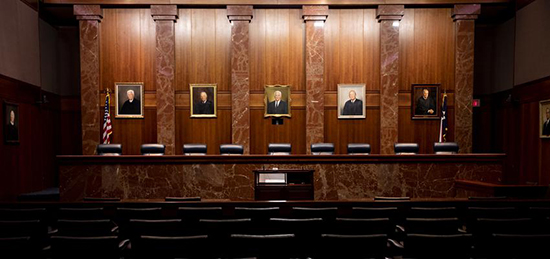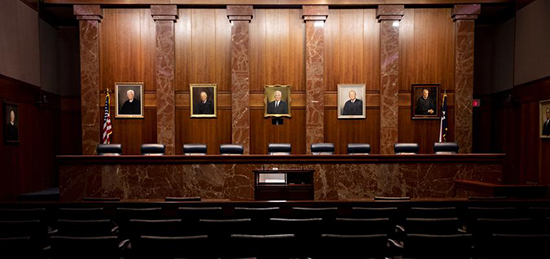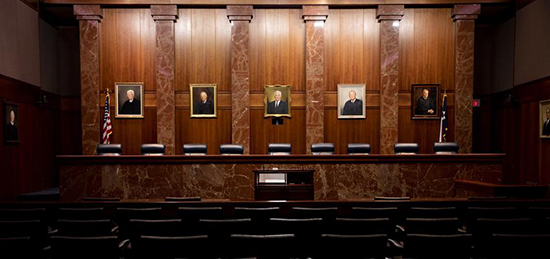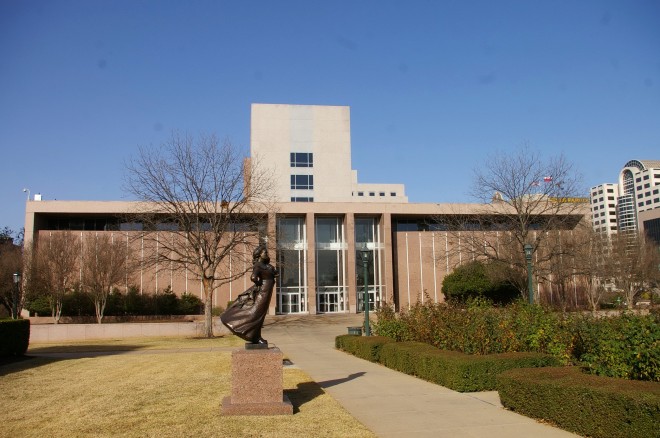Sen. Cruz Requests Texas Supreme Court And Bar Examiners Consider Stanford Law Student Mob Participation During Application Process
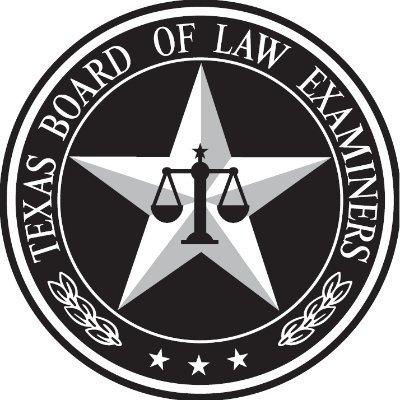 U.S. Sen. Ted Cruz (R-Texas) today sent a letter to Chief Justice Nathan Hecht of the Supreme Court of Texas along with Augustin Rivera, Jr., Chair of the Texas Board of Law Examiners, about Stanford Law School students who participated in the harassment of United States Court of Appeals Judge Kyle Duncan.
U.S. Sen. Ted Cruz (R-Texas) today sent a letter to Chief Justice Nathan Hecht of the Supreme Court of Texas along with Augustin Rivera, Jr., Chair of the Texas Board of Law Examiners, about Stanford Law School students who participated in the harassment of United States Court of Appeals Judge Kyle Duncan.
In the letter, Sen. Cruz said:
“I would ask that the Texas Board of Bar Examiners, in discharging their duties of assessing the character and fitness of prospective bar applicants, take particular care with students who have graduated from Stanford Law in class years 2023, 2024, or 2025. Specifically, I suggest that students graduating from those years be made to answer, in writing, whether they participated in the shameful harassment of Judge Duncan on March 9, 2023. I would leave it to the considered judgment of the Texas Supreme Court and the Texas Board of Bar Examiners what the proper remedy should be—a remedial training course, a letter of apology, or the like—for those that respond in the affirmative.”
Read the full text of the letter here and below:
Dear Chief Justice Hecht and Chairman Rivera:
Texas attorneys are renowned not only for the skill of their advocacy, but also for their courtesy and professionalism. Texas lawyers are expected to be honest and respectful in their dealings with their clients, with opposing counsel, and, certainly, with the court. As a proud Texan and a longtime member of the Texas bar, it is my desire to defend these high standards that moves me to write to you today.
As you are no doubt aware, on March 9, 2023, United States Court of Appeals Judge Kyle Duncan visited Stanford Law School to participate in a discussion entitled “The Fifth Circuit in Conversation with the Supreme Court: COVID, Guns, and Twitter.” However, Judge Duncan never had the chance to meaningfully speak, as he was shouted down by Stanford students—who apparently attended the event for the sole purpose of disrupting it. These protestors continuously interrupted Judge Duncan, jeered him, called him a racist, and subjected him to crude sexual slurs. Until recently, I would have considered such a scene impossible to imagine at any law school, let alone at a top-tier one. This display also violated Stanford Law School’s Campus Disruption Policy, which prohibits the “prevent[ion] or disrupt[ion] of the effective carrying out of a University function or approved activity, such as lectures [and] meetings. . . .” It remains to be seen what punishment, if any, these students will receive for their actions.
More fundamental, however, is whether these students are fit to practice law in the State of Texas. The idea that these future lawyers would find it acceptable to harass and insult a sitting judge boggles the mind, and seriously calls into question whether these students have the proper respect for the role of a judge, or the temperament to practice law. Indeed, these students’ tantrum raises a fair question as to whether they can be trusted to dispassionately defend clients that might have ideological opinions different from their own.
To that end, I would ask that the Texas Board of Bar Examiners, in discharging their duties of assessing the character and fitness of prospective bar applicants, take particular care with students who have graduated from Stanford Law in class years 2023, 2024, or 2025. Specifically, I suggest that students graduating from those years be made to answer, in writing, whether they participated in the shameful harassment of Judge Duncan on March 9, 2023. I would leave it to the considered judgment of the Texas Supreme Court and the Texas Board of Bar Examiners what the proper remedy should be—a remedial training course, a letter of apology, or the like—for those that respond in the affirmative.
I believe the members of the Texas bar are second-to-none. And in a state as big as Texas, there is plenty of room for all kinds of lawyers, who might hold all kinds of opinions. Those that wish to join our ranks should likewise be respectful of their fellow legal practitioners and the opinions they hold; ideological differences are neither repugnant nor dangerous and should not be treated as such.
For the above reasons, I ask you that, in discharging your duties in assessing the character and fitness of new members of the bar, that you exercise particular care and caution in regard to those that engaged in the harassment of Judge Duncan. Texans deserve only the finest advocates as their counsel, and those that engage in screaming and name-calling to make their case, are far from the finest.
Thank you for your attention to this matter and may God bless Texas.



